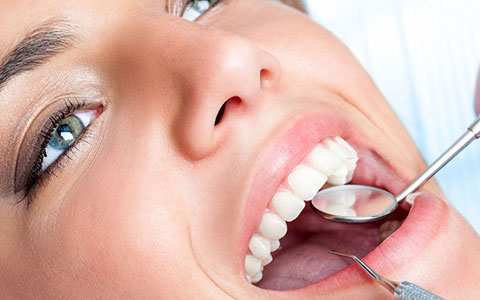Dental Terms
Pericoronitis Boardman
Pericoronitis, derived from the Greek peri (meaning "around"), Latin corona (meaning "crown"), and -itis (indicating "inflammation"), is a condition characterized by the inflammation of the soft tissues surrounding the crown of a partially erupted tooth. This includes the gums (gingiva) and the dental follicle. The soft tissue that covers a partially erupted tooth is known as an operculum, and it can be challenging to maintain proper oral hygiene in this area.
Pericoronitis can result from the accumulation of bacteria and debris beneath the operculum or from mechanical trauma, such as biting the operculum with the opposing tooth. It is commonly associated with partially erupted and impacted mandibular third molars, often referred to as lower wisdom teeth. This condition typically arises during the age when wisdom teeth erupt. Other common causes of pain in the third molar region include food impaction leading to periodontal pain, dental caries (tooth decay) causing pulpitis, and acute myofascial pain related to temporomandibular joint disorder.
Pericoronitis can be classified as chronic or acute. Chronic pericoronitis may exhibit little or mild symptoms and can have long periods of remission between acute flare-ups. In contrast, acute pericoronitis presents with a range of severe symptoms, including intense pain, swelling, and fever. In some cases, it can lead to the formation of a pericoronal abscess, which is a collection of pus. This infection has the potential to spread to surrounding areas of the face and neck, including the cheeks and orbits, and in rare instances, it can lead to airway compromise, necessitating emergency hospital treatment (e.g., Ludwig's angina).
The treatment of pericoronitis focuses on pain management and the resolution of inflammation. This can be achieved by flushing out debris or infection from the pericoronal tissues or by removing the affected tooth or operculum. Retaining the tooth typically requires improved oral hygiene in the area to prevent recurrent episodes of acute pericoronitis. Tooth removal is often recommended in cases of recurrent pericoronitis, extensive decay, or tooth impaction.
If you are experiencing symptoms of pericoronitis or have concerns about your oral health, please do not hesitate to contact Johanna Nogay, DMD at (330) 953-1008 to schedule an appointment with Dr. Nogay. Our practice is conveniently located at 8170 South Avenue, Suite 1 in Boardman, OH, and we are here to provide you with the necessary care and guidance.

